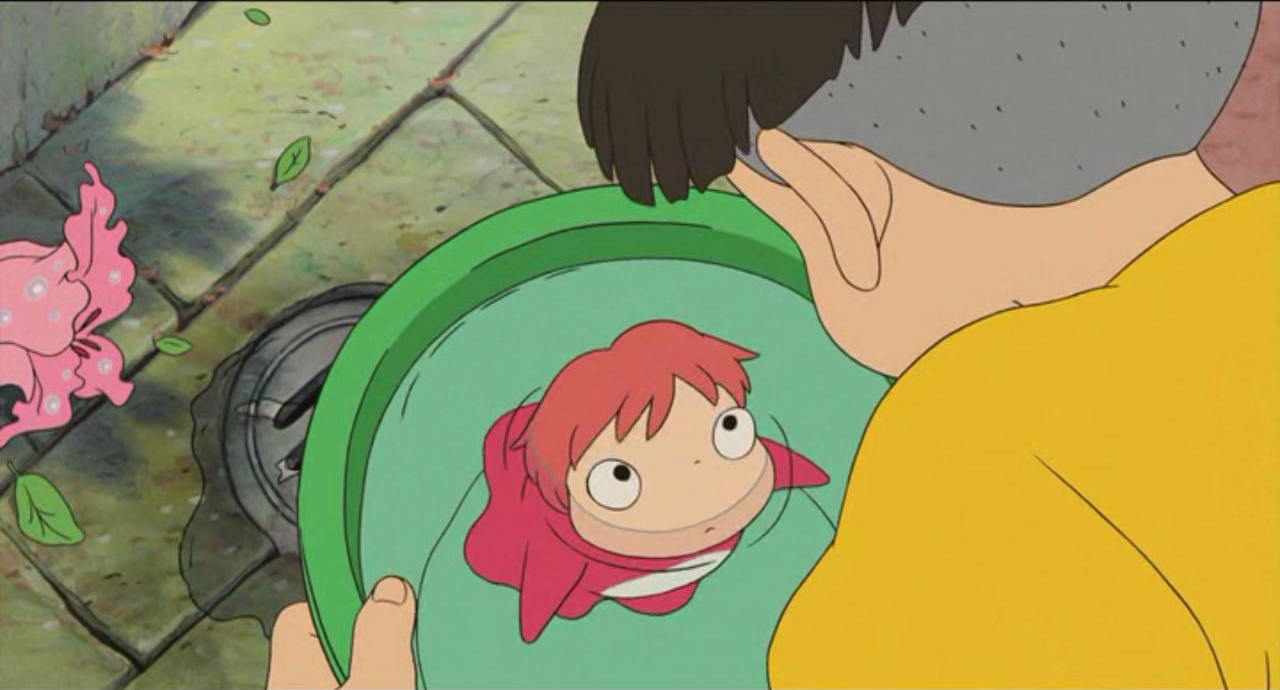| RATING: | 100% |
| FORMAT: | DVD |
Cultured Magic
Visually-arresting animation with the high imagination quotient one has come to expect from Hayao Miyazaki. Films like this put Western animation to shame, despite their lesser technical quality. What they lack in the latter they more than make up for in the ideas department.
The damage White humans do to the Earth is the theme here of a nature out-of-balance that needs to be restored by an undersea wizard. Just for once, the apparent villain is not so bad; his motivations easy to understand. Shifting the emphasis of the dramatic conflict on to Man’s relationship with his environment, rather than Man’s relationship Man, the ocean is presented as a character in its own right - and it is clearly mad at us for having polluted it.
The depth and breadth of this movie can only be accounted for by the depth and breadth of Japanese culture and their having a greater wealth of mythology and folklore upon which to draw - yet still being willing to borrow from others. The film also implies a generational continuity defeating the ages rather than a conflict between the generations. Like in the movie Bambi, the father here is a ghostly, yet absent, presence and the mother a strong protective influence in the life of the boy hero.





No comments:
Post a Comment